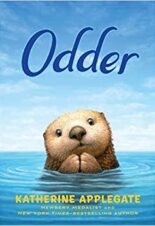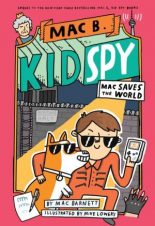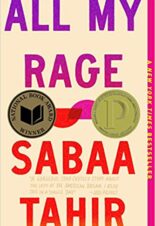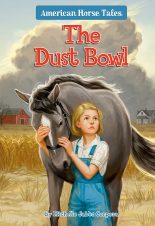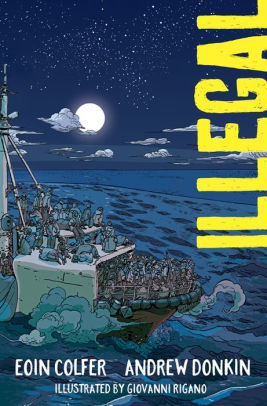
“Every day I watch the sea. After three weeks I can tell by the weather if the new arrivals will survive or not. Many survive. Many don’t. I will never forget,” says Ebo –Illegals
Illegal
by Eoin Colfer & Andrew Donkin
AR Test, Good for Reluctant Readers, Graphic Novel
10+
Score
2.5
144
One day Ebo finds that his older brother, Kwame, has left their village in Libya to make the journey to Europe. Soon afterward, Ebo decides he must go after him. Ebo clings to the hope of finding a better life and reuniting with his family.
Ebo’s journey to find his brother is fraught with danger. He faces the possibility of death at every turn. He often turns to the gift of song to provide comfort for himself and those he meets. He is told by a bus driver, “Ebo, you can’t solve everything with a song.” However, his lullaby calms a baby on the bus and, as a thank you from the driver, earns him passage to Agadez, the next stop on his journey. In fact, it is his song that guides Kwame back to him. When a woman needs a last-minute replacement wedding singer, Ebo steps in. When Kwame hears the voice, he follows it, leading him to Ebo. Ebo’s refusal to stop singing, even in the face of difficulty, and his willingness to help those around him emphasizes the message of perseverance and hope despite all odds being against him.
Throughout his journey to Italy, Ebo encounters many people who offer him aid which develops the theme of kindness and respect for others. After their raft capsizes, Ebo and his friends are saved. Ebo tells readers, “People are so kind . . . Although they hardly have anything, people give us blankets.” For every person who mistreats Ebo, there is another who helps him. These moments show that although not everyone is welcoming and kind, there are still those who help. As Ebo says, “They must help us. We are people.”
Family and friendship are driving forces in Ebo’s story. Even when his “new life” is bleak, Ebo maintains hope that his hard work, kindness, and strength of conviction will result in a better life. His commitment to his family and his new friends gives Ebo purpose. The brothers are finally reunited and in the end, Kwame even urges rescuers to save Ebo before helping himself, which ultimately leads to his death. Kwame sacrifices himself for his brother’s well-being.
Accompanying the powerful storytelling, Giovanni Rigano’s illustrations strikingly capture the characters’ emotions. Some pages of the story are told only through his illustrations, such as when Ebo is alone and not speaking. For example, in the refugee camp, the images show Ebo who is haunted by the death of his brother. The full-color illustrations are occasionally grim. One such picture is of a decomposed dead man. Other images of death are less graphic, and many deaths occur off-page. Many die from drownings and they’re shown disappearing into the water.
Some pages feature word boxes and speech bubbles to distinguish between narration and dialogue. Ebo’s narration is provided in pale yellow word boxes, while speech amongst characters uses white bubbles. Differentiation between past and present, as well as certain contextual details and unpictured dialogue, takes the form of light blue boxes. Each page has 9 to 16 short sentences. The text along with Rigano’s illustration makes the graphic novel easy to follow.
Twelve-year-old Ebo’s youthful spirit makes him a convicting narrator. His story is both tragic and hopeful. However, Ebo’s story shows moments of hope and how familial love can help ease the pain of loss and grief. Older children can learn a lot from hearing an immigration story from the voice of a peer. Readers will gain compassion for refugees when they are shown what children their age have faced. Despite the suggested age range of 10+, younger readers may find the deaths along the journey disturbing. Readers who would like to explore the topic of refugees further should read Refugee 87 by Ele Fountain and the graphic novel When Stars Are Scattered by Victoria Jamieson & Omar Mohamed.
Sexual Content
- A peer of Ebo’s means to degrade Sisi. The boy says, “I wonder what brothel she’s working in now.”
- A woman’s wedding singer cannot perform because he “kissed the bridesmaid and upset her fiancé.”
Violence
- The immigrants could face death at any point. They often voice their concerns to their friends and family.
- While the immigrants are waiting to go off to sea, a man says, “Move or there’s a bullet in your back.” The illustration shows the men firing large guns into the air.
- A child in Ebo’s village taunts him about Kwame leaving. The child says, “He’ll be swallowed by the desert sands just like your sister before.”
- After a boy talks poorly about Sisi, Ebo hits him. The picture shows just after the punch’s impact and the speech bubble reads “Oomph.”
- Ebo sinks under the water, beginning to drown before someone pulls him out.
- The wedding singer is shown in a picture holding his nose which is bleeding, presumably after being punched.
- Razak, a friend Ebo met along the way, tells a story. A group who was going to Europe “died of starvation, and no water, slowly, slowly . . . and their boat became a floating coffin.” He says at least their own deaths will be quicker.
- A man falls off the back of the truck, but the truck does not stop. Ebo realizes the drivers do not care.
- A man is told to get out of the jeep. When he does not listen, he is shot. The accompanying images show a gun being pulled from the driver’s waistband, the gun being pointed to the man’s chest along with his speech bubble which reads “Please . . . no!” And finally, the jeep is shown from a distance with the sound bubble “Bdam.”
- A woman explains her reason for leaving home: “The war came.”
- Cammo, one of Ebo’s new friends, dies overnight, either from the cold or exhaustion. The image shows him limp, being pulled from under the jeep where he was sleeping. Razak wants to bury him, but they cannot because they’re tired and “the desert ground is too hard.” Instead, they cover Cammo with a cloth. That is the last image of Cammo before they leave him.
- A woman’s baby flies from her arms when the ship is nearly tipping. Ebo catches him, though, before any harm can come to him.
- Railing snaps and many people fall overboard. The water is “hard as stone.” The images show people sinking below, though their fates are unclear. Later, Ebo realizes that some screams are coming from inside the sinking ship and that those people have no way out.
- Ebo is shown working in a well. A dead animal, potentially a sheep, is shown limp in the water, attached to a string.
- In Tripoli, Razak says they must “steer clear of the street gangs,” not drink the drain water, watch their money, be careful about rabid dogs, and “watch out for the army” and “the police.” Pictures depict each rule. For example, the rabid dog has his teeth bared and is spit flies from his mouth. The gangs do not have weapons, but their fists are balled.
- While ill and sleeping, Kwame must bat a swarm of rats off of Ebo’s body.
- In the chaos of the sinking ship, a baby is handed to Ebo. When Ebo and Kwame try to find the mother, she is “gone” and likely drowned.
- While Ebo and the baby are rescued, Kwame goes under the surface. He emerges only once more before being lost to the sea. The images show him from Ebo’s perspective as well as Kwame’s own view under the water.
- IN Ebo’s imagination, both Kwame and Razak’s bodies are shown under the water. They float, Kwame with empty eyes, while fish prod them.
Drugs and Alcohol
- Uncle Patrick, according to Ebo is always either “his bed, his chair, or a bar.” One time, Ebo finds him drunk with blood on his shirt.
- Ebo finds a pack of antiseptic wipes and trades them for food and other goods. He is shown treating people’s injuries by wrapping them in a wipe.
- Some cartons of cigarettes are pictured in the cargo of a jeep.
- Ebo gets very sick with a fever. He must be carried by his family. He says he feels freezing but is told he is too hot. An observer says, “without medicine, that kid won’t last long,”
- Ebo’s friends find someone who has medicine for Ebo, but they are all aware that “the wrong pills can kill.” However, Ebo is given the medicine and he gets better.
- It is rumored that one week, none of the ships that left returned. Razak says, “Last month they lost all their boats.” Kwame supports the rumor, saying, “I heard no one got a phone call. Not one family!”
- In the book’s epilogue, Helen, a refugee, tells her story. This provides a woman’s perspective of the journey to immigrate. Helen gives readers a brief history of her life, from childhood to the present day. She faced the death of her mother and that of her friends during her journey. Helen says that they tried to bury them, but “the sand will not cover them long.
- During Helen’s journey, a boat of over 400 people capsizes. Helen, who is pregnant, is starved and dehydrated. Helen hides under the floorboards of a truck. The police walk on the floorboards, which results in the loss of her baby. Helen’s story is told over the course of five pages.
Language
- One man calls another an idiot.
- The driver calls the jeep a “stupid machine.”
Supernatural
- None
Spiritual Content
- Luck is often mentioned. For instance, a man tells Ebo, “I hope you bring this ship luck.”
- A friend of Ebo, Cammo, does not like that Ebo took the water from a dead men’s jeep. He says, “You cannot disturb the dead.” Later, after they drink the water, Cammo says, “I’m too tired to fight off evil spirits; You rest with the bone men.”
- When discussing their odds of surviving the journey a friend, says, “We must rely on luck and many prayers.”
by Jennaly Nolan
“Every day I watch the sea. After three weeks I can tell by the weather if the new arrivals will survive or not. Many survive. Many don’t. I will never forget,” says Ebo –Illegals
Latest Reviews
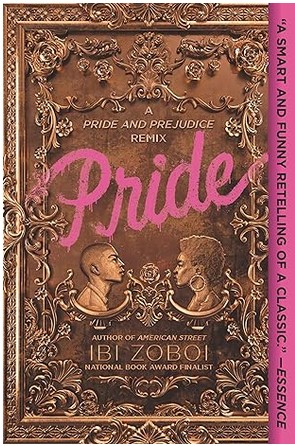
Pride: A Pride & Prejudice Remix
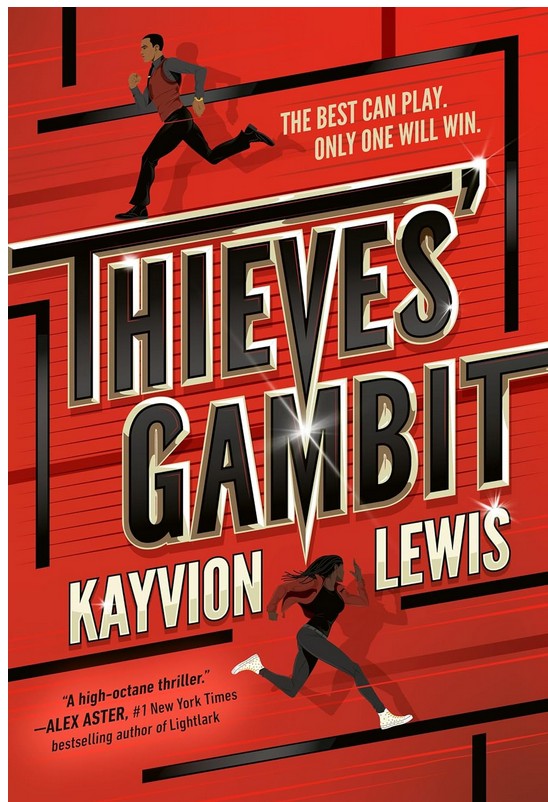
Thieves’ Gambit #1
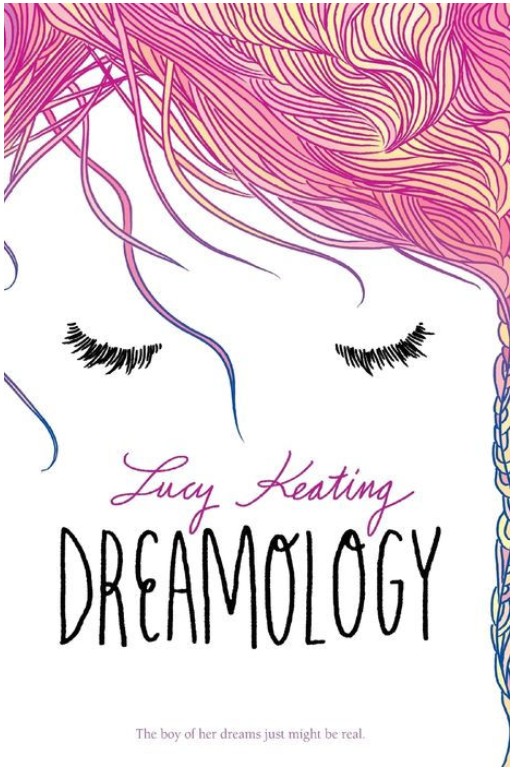
Dreamology
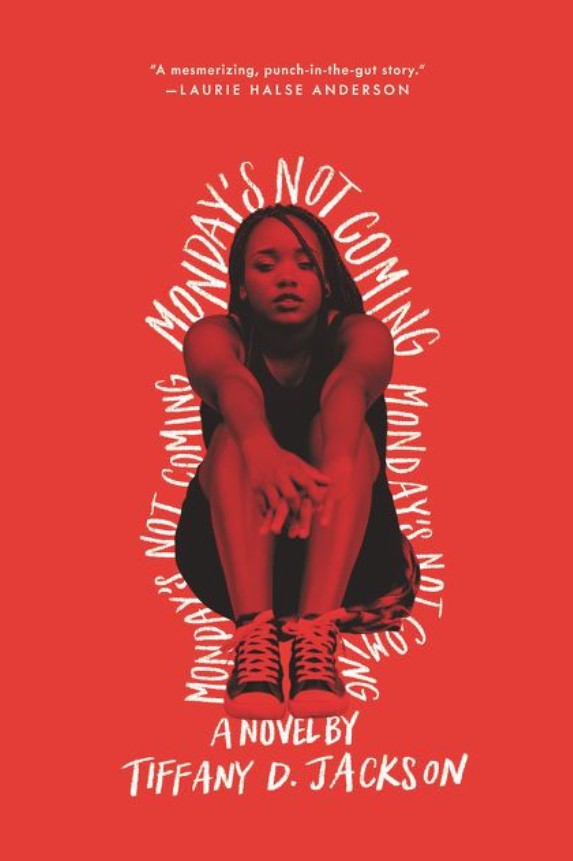
Monday’s Not Coming
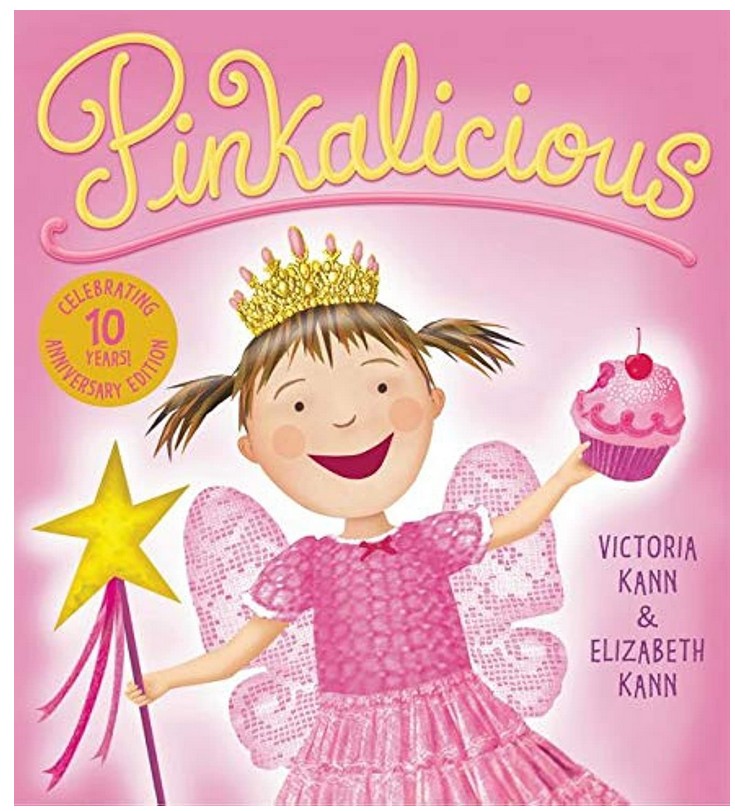
Pinkalicious

Driven

Goodbye Days

Blood of Troy

Will’s Race for Home


